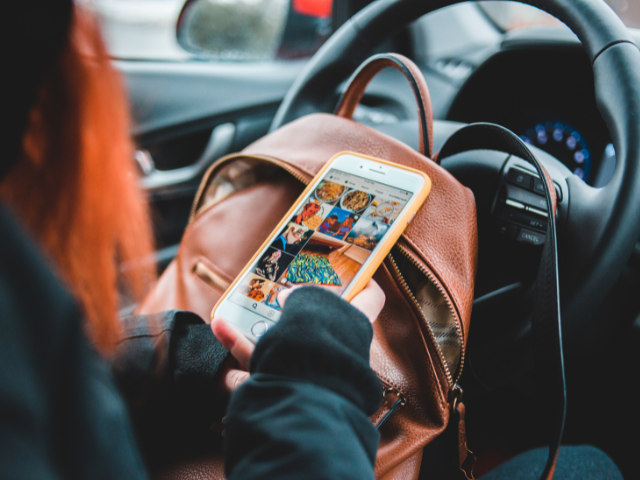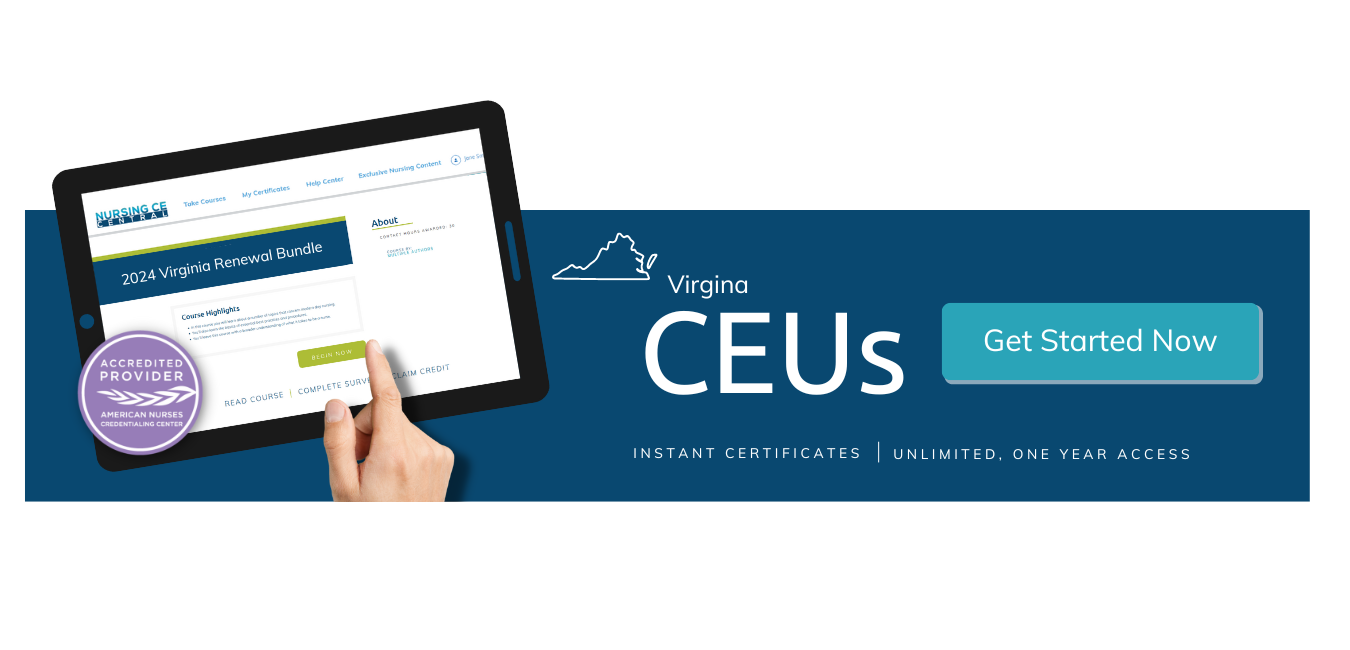10 Guidelines for Nurses Using Social Media
The National Council of State Boards of Nursing has proposed the following guidelines for nurses using social media:
1. Protect Patient Confidentiality
Whenever posting to social media, always protect patient confidentiality by adhering to privacy standards and not discussing individual patient cases, sharing identifiable data without their prior approval, or posting photos/videos without their explicit approval.
2. Stop and Think Before Posting
Before sharing anything on social media, consider its potential ramifications — once something has been published online, it may be hard or even impossible to remove or retract it later.
3. Maintain Professionalism
Conduct yourself ethically and respectfully on social media, reflecting the standards and values of nursing as a profession. Avoid engaging in heated debates, using offensive language, or sharing posts that could be seen as unprofessional.
4. Recognize Boundaries
Always remember professional boundaries when engaging with patients, colleagues, and employers on social media. Avoid adding patients as followers on personal accounts and discussing work-related matters in open forums.
5. Assess Information
Before posting information online, verify its accuracy and reliability by checking sources. Also, cite credible resources when sharing healthcare-related material online.
6. Be Transparent
When engaging in discussions or posting content related to healthcare on social media, disclose your professional affiliation and role as a nurse. This helps build trust with your target audience.
7. Monitor Privacy Settings
Review and adjust the privacy settings on all social media accounts regularly to restrict who can see your posts and your personal details so that only your target audience has access.
8. Be Mindful of Tone
When posting social media updates, be conscious of your words and tone. Consider what impact these could have on the audience you’re reaching. Maintain a respectful, positive tone in all interactions, even in times of disagreement or criticism.
9. Engage Responsibly
Leverage social media to foster constructive dialogue, collaboration, and professional growth.
10. Communicate Effectively
Communicate with peers who may share valuable resources that enhance patient care while contributing to meaningful conversations that advance nursing as an industry and improve care delivery.









